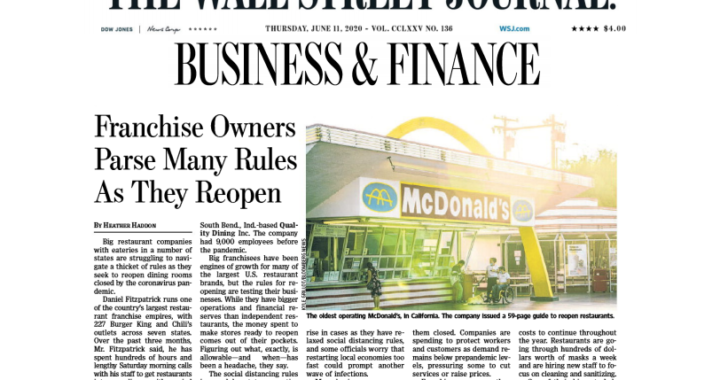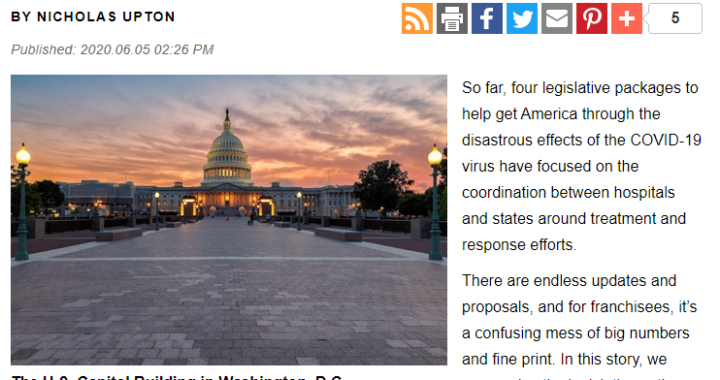The CFA VOICE is the monthly newsletter for Coalition of Franchisee Associations member franchisees. Representing OVER 46,000 franchisees owning over 122,000 franchises and employing over 2.7 million people, CFA is the Voice of the Franchisee.
Read the September 2022 Issue of The CFA VOICE by clicking here.


